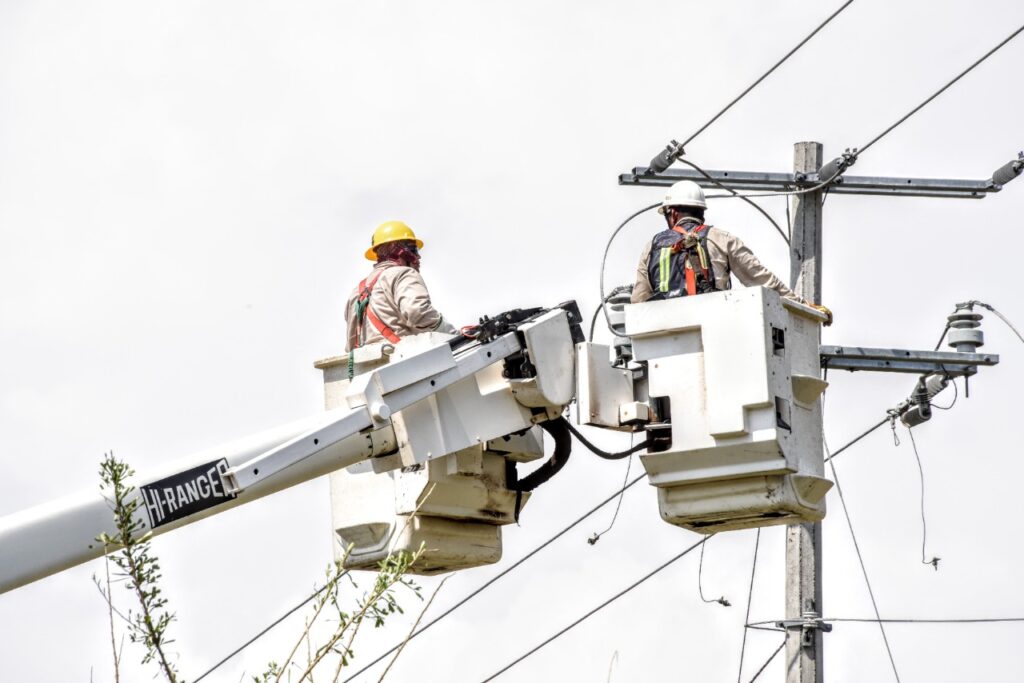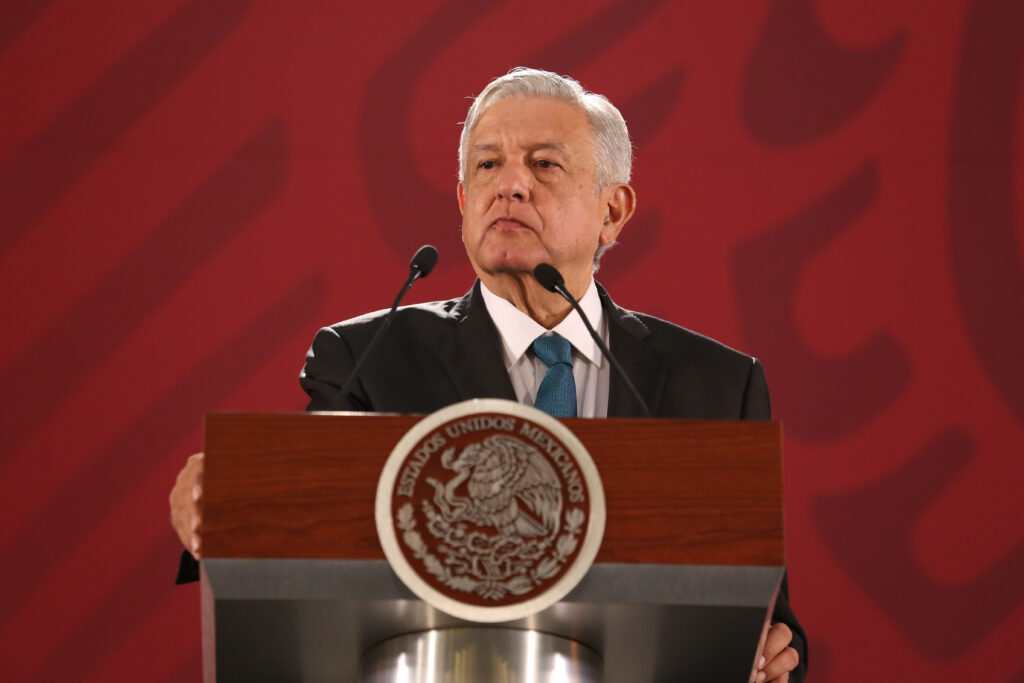

Two developments in April, which took place just 10 days apart, marked the latest twists and turns in an ongoing saga that has involved every branch of government.
The central issues revolve around the law governing the electric power sector. More than a year ago, the Mexican Congress amended the 2014 Electricity Industry Law, reversing course on reforms that had opened up the sector to competition and spurred considerable foreign investment in renewable energy.
President López Obrador said the amended law would ensure “energy sovereignty” and strengthen the state-owned Federal Electricity Commission (CFE); critics said it would make Mexico less competitive, deter investment, and harm the environment.
Among other provisions, the amended law changed the order by which generating plants feed electricity into the national grid. Instead of giving priority to the lowest-cost power first, the new law would favor state-owned power generation. In other words, electricity from a CFE-owned plant that burns fossil fuels would be dispatched before cheaper wind or solar power generated by private companies. (See Change of Direction on Energy Reform in Mexico.)

The Federal Electricity Commission has a monopoly on electric power transmission and distribution in Mexico.
The new law was met by a slew of legal challenges and was stayed by a court almost immediately. One of the cases, filed by some opponents of the law in Mexico’s Senate, sought to declare the amended law unconstitutional.
That effort failed on April 7, when the Supreme Court upheld the constitutionality of the law. Although a majority of justices considered the law unconstitutional, the vote did not meet the super-majority threshold required to establish its unconstitutionality.
That ruling did not resolve all the court cases, though. Now that the law has cleared the constitutional test, the courts will have to work their way through the many other pending legal challenges, including those brought by private energy companies and investors. The publication Forbes Mexico recently reported that Mexican courts had granted approximately 200 requests for injunctions, temporarily suspending the law’s enforcement until the cases are resolved.
Meanwhile, the López Obrador administration had been working on another track to try to change the rules for the energy sector by means of a constitutional amendment. In a vote held on April 17 (Easter Sunday), the measure received majority support but fell far short of the two-thirds majority required to amend the constitution.
Mexico’s Business Coordinating Council (CCE) issued a statement praising the “responsibility” shown by the legislators. “An open and modern country such as ours requires a clear, transparent, and reliable legal framework,” it said.
The Washington Post, in an editorial titled “Mexico’s Congress stands up for common sense on energy,” called the vote “a richly deserved defeat” that would have consequences “for all of North America and indeed the world.”
President López Obrador’s reaction to the vote was swift and scathing. He said that the legislators who had voted against the constitutional amendment had committed “an act of treason.” Instead of defending the interests of the people, he said, they had defended the interests of foreign companies and corrupt “oligarchical interests.”
“This is not over yet,” he told reporters the morning after the vote. “This is just beginning.”

Andrés Manuel López Obrador, President of Mexico.
For now, all this means that little has changed, according to Fernando Rodríguez-Cortina and Roberto Aguirre Luzi, two Houston-based lawyers who are partners in the international arbitration practice of the law firm King & Spalding. In a recent joint video interview, they described a “gray” situation that hampers investment and serves nobody’s interests.
“The bottom line is that it’s been two or three years where there is total uncertainty about what’s going to happen,” Aguirre said. At a time when countries need efficient, clean energy and fossil fuel prices are high, he said, the current Mexican administration has continued to undermine investment in renewable energy.
“In the end, who gets harmed with all this? The Mexican people and the environment. That is the bottom line of this very sad story,” Aguirre said.
Companies that have already invested in energy projects in Mexico seem to be trying to wait out the uncertainty, hoping that the courts will ultimately rule in their favor and they can get their projects on line, said Rodríguez-Cortina. “As of yet, I haven’t seen anyone packing their bags and leaving,” he said, adding that he hasn’t seen much new investment either.
In some cases, he said, companies have projects that are ready to go but have been unable to get the permits required to test the system or start generating electricity. Although the government has given different reasons for denying or delaying such permits (“the COVID excuse, the ‘very busy’ excuse”), this situation only adds to the uncertainty, Rodríguez-Cortina said.
“If the government continues to do that, that’s going to cause some real damage and real harm on many of those companies,” he said, adding that eventually, such measures could lead to international actions being filed.

Congressional deputies at the session on April 17.
The Associated Press recently quoted the owner of a Mexican solar panel company who said he had lost two projects totaling $3 million last year because of the uncertainty, and had been forced to cut his workforce from 90 to 35. In one case, he had even agreed to a clause in a contract that required him to buy back some 3,000 solar panels from a client if changes to the law affected the viability of the investment.
The uncertain situation has drawn international concern, including from the European Union and the United States. In a statement issued after the April 7 Supreme Court decision, U.S. Ambassador to Mexico Ken Salazar said the 2021 Electricity Industry Law “is likely to open the door to endless litigation, creating uncertainty and impeding investment.”
“The measures now before the Mexican legislature have impacts on North American competitiveness, and thus we hope that the legal framework that emerges will support the creation of a North American clean energy powerhouse, protect current and future U.S. business investments in Mexico in accordance with Mexico’s obligations under the United States-Mexico-Canada Agreement, and protect the integration of U.S.-Mexico supply chains for the prosperity of our region,” the statement said. “We hope that any legal framework will make a clear commitment to combat the climate crisis and provide clean, affordable, accessible energy to all.”
 View Map
View Map